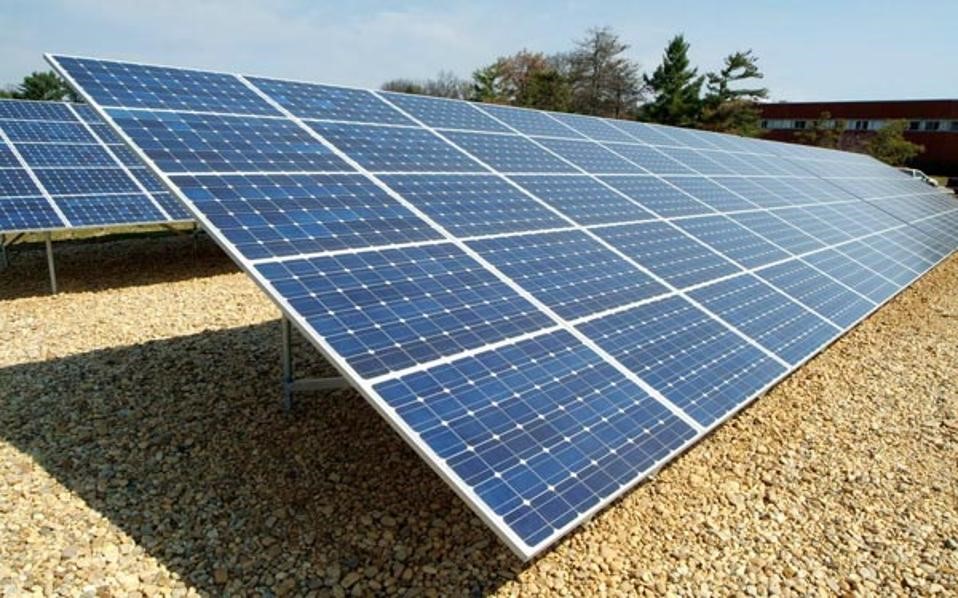Greece can emerge as one of the countries that will lead the energy transformation in Europe by 2030, estimates BloombergNEF (BNEF) in its latest analysis of the future of electricity in Greece. According to BNEF’s minimum cost analysis, the Greek electricity system will change rapidly in the current decade, increasing its size by 55% by 2030. During this period, Greece will acquire 18 GW of new generating capacity, 67% of which will be wind and solar, at 7.5 GW and 4 GW respectively.
A total of $33 billion must be invested in new electricity generation in Greece between now and 2050, with around 92% of this in zero-carbon technologies. Around $14 billion is being invested in new renewable capacity over the next ten years – more than doubling the $6.5 billion invested in clean energy in Greece during 2009-19.
After 2030, according to the BNFE, battery storage will attract another $3 billion in new investment by 2050, as it is the most cost-effective option in a grid with increasing penetration of renewables. Natural gas capacity does not, according to the report, need to be increased beyond the 800 MW already being built, as this capacity combined with hydroelectric plants and new batteries for energy storage, which will be added to the grid, is sufficient.
It is already more economical in Greece to produce electricity from new wind or photovoltaic plants compared to new natural gas or lignite plants, according to BNEF. “The conclusions drawn from the BNEF report are in absolute agreement with the main pillars of our new strategy,” said Public Power Company president and CEO Giorgos Stassis. “The ever-increasing competitiveness of renewable energy sources also confirms from an economic point of view our choice to restructure our portfolio and transition our production towards renewable energy sources“, added the head of PPC and focused on the company’s efforts to develop “a new customer-centric approach and to offer an enhanced portfolio of products and services, using new technologies and digital systems“, but also in its readiness “to lead the electrification of other energy sectors, starting with e-mobility”.



